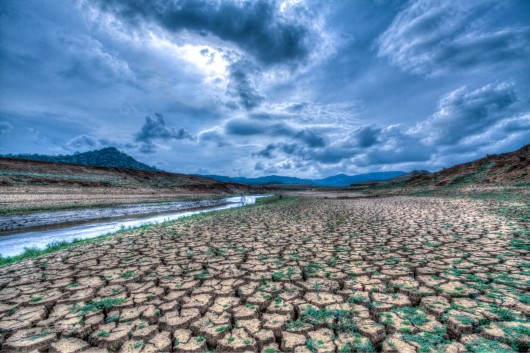Climate change and natural hazards: What advantages for building resilience?
17-10-2018

Climate change is increasing the risk of extreme weather events, including droughts, flooding, hurricanes, earthquakes and wildfires. In 2017, costs were estimated to be $306 billion, which is almost double 2016’s loss of $188 billion (and also much higher than the 10-year-average of $190 billion).
Building resilience to withstand disaster events, including preventive measures and contingency planning, unfortunately remains the exception to the rule – only 13% of spending goes into pre-event resilience and risk reduction, whereas 87% is spent on post-event relief. This is not very sustainable, given that research shows that every EUR 1 spent on building resilience saves EUR 5 in post-event expenses.
The Zurich Post-Event Review Capability (PERC) is a systematic framework for the analysis of a disaster event, focusing on how a specific hazard event became a disaster. The PERC process evaluates the successes and failures in the management of pre-event disaster risk, disaster response and post-disaster recovery. Recently-conducted PERCs in the US, UK, Germany and Austria all point to the importance of sustainable investment.
EURACTIV invites you to a high-level stakeholder debate to discuss how to mitigate the risk of natural disasters through resilience planning.
Questions will include:
- What specific role should different stakeholders play - EU policymakers, investors, insurers, NGOs?
- What are best practice examples of urban resilience planning In Europe? What are the economic benefits?
- How is the EU's Copernicus programme 'Emergency Management Services' contributing to better monitoring and management of environmental disasters?
- How can resilience building become better investable for sustainable investors and improve supply of sustainable investments, while at the same time contributing to financing resilience?
Supported by:
Location
Euractiv Network Office
Boulevard Charlemagne 1, 1041 Brussels
Google Maps >>
Panellists
Dimitris Dimitriadis, Rapporteur of the EESC' opinion on: Strengthening the EU's civil protection response – rescEU, European Economic and Social Committee
Nacira Boulehouat, Head of Unit, Disaster Risk Reduction, DG ECHO, European Commission
Françoise Villette, Project Manager for Copernicus Emergency Management Service, DG GROW, European Commission
Eleni Choidas, Senior EU Affairs Officer, ShareAction
Michael Szönyi, Flood Resilience Program Lead, Zurich
Moderator
Frédéric Simon, Energy & Environment Editor, EURACTIV
Schedule
17:00 – 17:30 Registration
17:30 – 18:00 Opening statements
18:00 – 19:00 Discussion and Q&A
19:00 – 20:00 Networking reception





